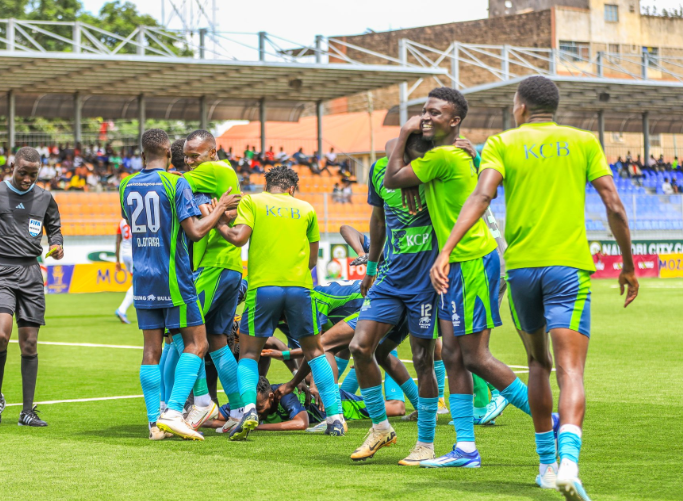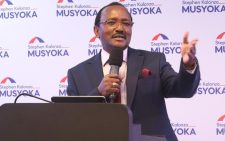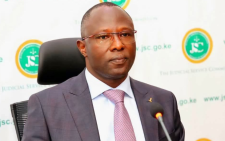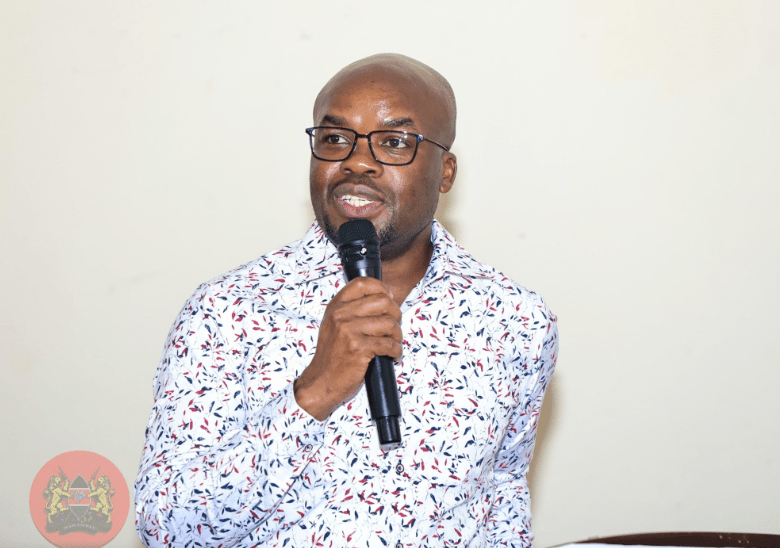Focus shifts to key players who will carry BBI dream
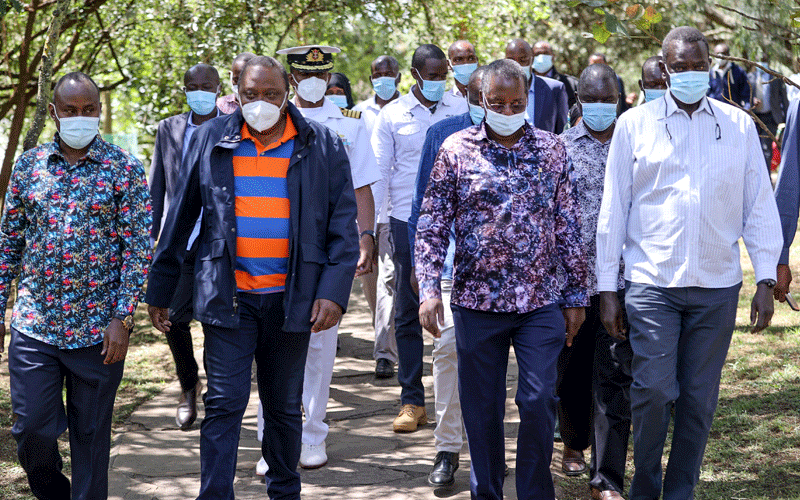
Eric Wainaina @EWainaina
With the roadmap for implementation of the Building Bridges Initiative (BBI) report unveiled, focus now shifts to institutions and individuals who play significant roles in its execution, expected to end in a change of laws.
Institutions central in the push for a review of the Constitution include the Independent Electoral and Boundaries Commission (IEBC), the two houses of parliament and county assemblies.
The process will thrust IEBC Chairman Wafula Chebukati, National Assembly and the Senate members and their leadership, and Ward Representatives, at the centre of the BBI journey, as they are expected to facilitate the process or pass resolutions to either support or reject it.
Majority Leaders Amos Kimunya (National Assembly), Samuel Poghisio (Senate), their Minority counterparts John Mbadi (National Assembly) and James Orengo (Senate), Majority Whips Emmanuel Wangwe (National Assembly) and Irungu Kang’ata (Senate) and their minority counterpart at the National Assembly Junet Mohamed are expected to mobilise and whip members to back the initiative.
Key role
Yesterday, Kimunya, who has the onerous task of ensuring BBI bills are passed by MPs, yesterday hit the ground running by tabling the report in the National Assembly.
“The National Assembly is very prepared for it. For example, the Naivasha meeting was to consolidate support and launch the road map and now everyone knows what is expected of them and what to do, and things will start getting into place.
The retreat was so that they could understand it because they are the ones to spearhead the process. We are set,” Kimunya told People Daily.
Mbadi, who is ODM chairman is on record saying MPs will play a key role in not only selling the BBI recommendations to the public once they are released, but also making a legislation in favour of the initiative.
This, he said, had informed the changes that happened in Parliament “so as to align the House leadership in support of the BBI”.
He spoke in reference to the Jubilee Party purge in March that saw Deputy President William Ruto’s lieutenants removed from House leadership positions.
Kang’ata yesterday said he and his Wangwe will whip members into supporting the report in and out of Parliament.
Simple majority
“The whip’s main job is to mobilise colleagues to support the government agenda.
The offices, both in the Senate and National Assembly, will talk to each and every parliamentarian to ensure they support this noble cause that unites the country.
That includes facilitating dialogue among colleagues on issues needing further explanation; reminding colleagues when to attend and vote for the BBI agenda,” he said.
For example, the Senate, he said, would have the duty of enacting legislation to anchor the proposed new constituencies in the Constitution.
Already, there have been efforts to ensure the electoral units are ready for the process.
President Uhuru Kenyatta and ODM leader Raila Odinga are keen to forge ahead undeterred by Ruto and his surrogates ,who have since kicked off the process of whipping the country into rejecting the BBI report.
Kangema MP Muturi Kigano, who chairs the Justice and Legal Affairs Committee said the National Assembly was already working on legislation to facilitate the process, notably the Independent Electoral and Boundaries Commission (Amendment) Bill No. 3 of 2019 that is already a law and the referendum Bills that are still pending.
According to Kigano, there are also plans to have the passage of two referendum Bills one by Ndaragwa MP Jeremiah Kioni and him, to provide for the procedure of the approval of an amendment to the Constitution by a referendum.
“Some of the legislations (as proposed in the BBI), other than the Constitutional Bill, require simple majority and so MPs are critical. For the referendum, which is part of the process, we have the referendum bills, and we will collapse some of the clauses so that we can pass the law as fast as possible. The IEBC one is already done,” the MP said.
Last week, Uhuru signed into law the Independent Electoral and Boundaries Commission (Amendment) Bill No. 3 of 2019, that establishes a selection panel to oversee the filling up of vacant positions as well as future appointments to the electoral agency, which has the role of verifying the signatures collected from members of the public and conducting the referendum.
Collection of signatures
The appearance of Nyandarua Speaker and the chairman of the County Assemblies Forum (CAF) Ndegwa Wahome at the launch of the BBI report in Bomas and him being accorded a chance to make a presentation in favour of the initiatives highlighted a well-laid plan to have MCAs back the initiative.
Yesterday, Ndegwa told the People Daily that since the BBI report was unveiled, the CAF management has been scrutinising the report, with the help of professionals and on Friday next week, all MCAs from across the country will converge in Nairobi over the same.
Ndegwa said they would be asking Uhuru and Raila to have a discourse with all MCAs over the report like the two leaders did with MPs, so that their issues can be addressed.
According to the BBI road map, unveiled by the two leaders during a meeting with lawmakers at Great Rift Valley Lodge on Monday, after the public outreach and signature collection that will take place between November 2 and December 2, IEBC will take over the process.
After collection of signatures, the referendum Bill, alongside the signatures will be submitted to the electoral body by December 9, an event that will be followed by verification of signatures by IEBC from December 10 to January 10, 2021.
IEBC will later be required to submit the referendum Bill to county assemblies by January 18, an exercise that will take the 47 assemblies a month to pass or reject.
The county assembly will thereafter have 30 days beginning January 19 and February 19, 2021 to scrutinise and approve the bill after which the bill will be submitted to Parliament where it will within 45 days between February 20 and April 5, 2021 be expected to vote for it to pave way for the referendum.
For the BBI report to pass, it will require the support of at least 24 county assemblies.
Thereafter, Parliament will be expected to vote on the Bill from February 20, 2021 – April 5, 2021 while IEBC will be required to hold a referendum before June.

